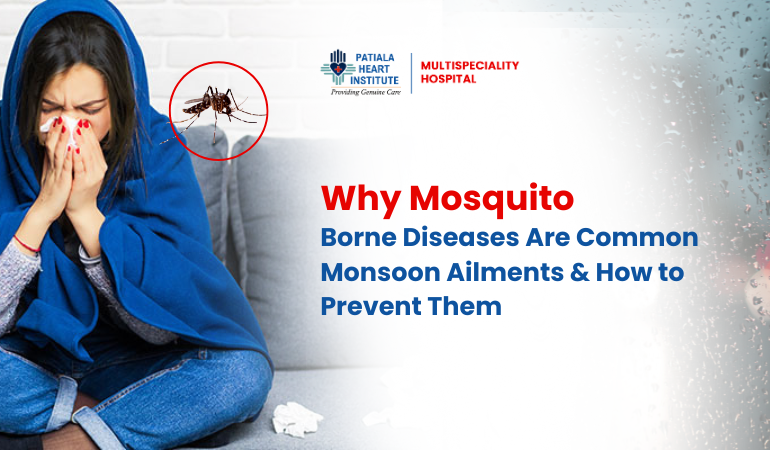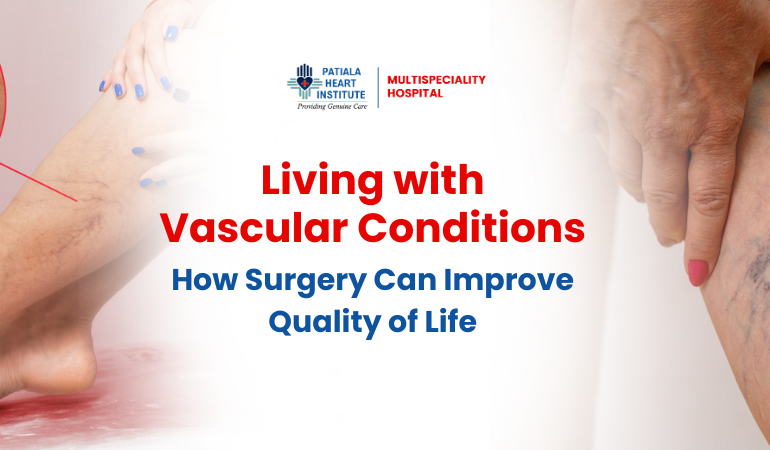Imagine waking up every day to a constant, nagging pain in your ear, a persistent feeling of fullness, and the frustration of hearing loss that makes it difficult to engage in conversations or enjoy your favorite activities. This is the reality for many individuals living with chronic ear infections. Chronic otitis media, as it’s medically …







